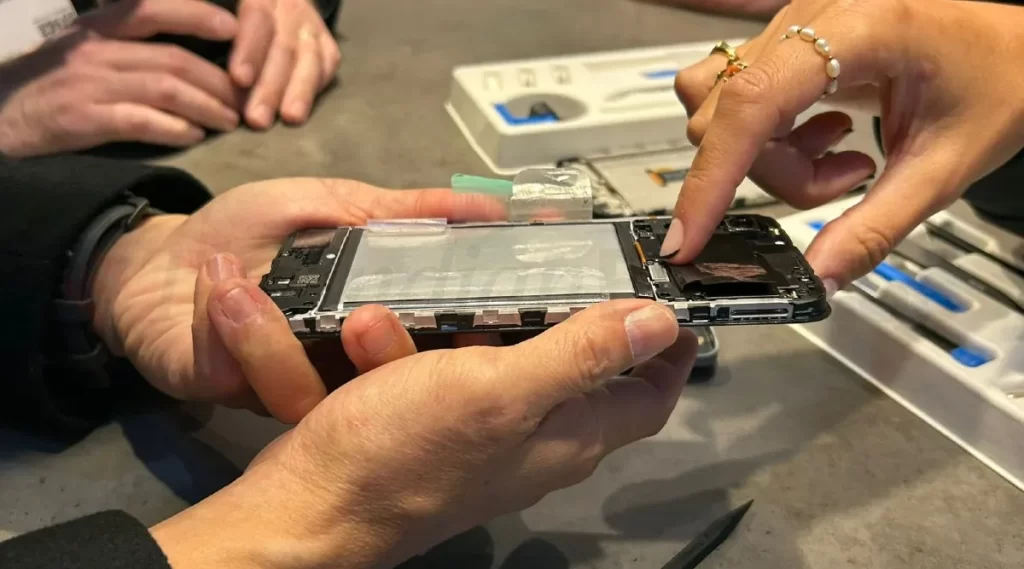In today’s fast-paced digital era, the constant release of new smartphone models has cultivated a consumer culture fixated on the latest and greatest. However, a significant shift is emerging as repair and refurbishment services gain traction, offering a sustainable alternative to the endless cycle of upgrade and discard. These services not only extend the lifespan of devices but also contribute to environmental conservation and economic savings for consumers. The burgeoning repair and refurbishment industry is driven by several factors, chief among them being the economic prudence and environmental benefits it offers. Smartphones are expensive, and not everyone can afford to purchase the newest models every year. Repair services provide a cost-effective solution for consumers to maintain their current devices, often at a fraction of the price of a new phone. Whether it is a cracked screen, a faulty battery, or a malfunctioning component, repair shops have the expertise to restore devices to optimal functionality. This economic advantage is particularly appealing in a time of rising living costs, where every dollar saved is crucial.

Discarded electronics contribute to significant environmental pollution, with toxic substances leaching into soil and water, posing health risks to humans and wildlife. The United Nations reports that the world generates around 50 million metric tons of e-waste annually, with only a small fraction being properly recycled. Furthermore, phone repair and refurbishment service play a crucial role in mitigating this issue. By extending the life of smartphones, these services reduces the volume of e-waste generated, promoting a circular economy where resources are reused and repurposed rather than discarded. The rise of the refurbishment market is also noteworthy. Refurbished phones, which are pre-owned devices restored to good working condition, offer consumers high-quality alternatives to new models at lower prices. These phones undergo rigorous testing and repairs to ensure they meet the required standards. For many, buying a refurbished phone is a smart choice, combining reliability with affordability.
Additionally, companies offering refurbishment often provide warranties, giving buyer’s confidence in the longevity and performance of their devices. Technological advancements have further bolstered the repair and refurbishment industry. Today’s repair shops are equipped with sophisticated tools and access to a vast array of replacement parts, enabling them to handle complex repairs efficiently. The proliferation of online tutorials and resources has also empowered individuals to attempt minor repairs themselves, fostering a DIY culture that further supports device longevity. Corporate giants are starting to acknowledge the importance of sustainability in their operations. Companies like Apple and Samsung have initiated trade-in programs, encouraging consumers to return their old devices for refurbishment or recycling. These initiatives not only highlight the value of sustainability but also set a precedent for other businesses to follow suit. By promoting repair and refurbishment, these companies are aligning with the growing consumer demand for eco-friendly practices and responsible consumption.
Categories: Business